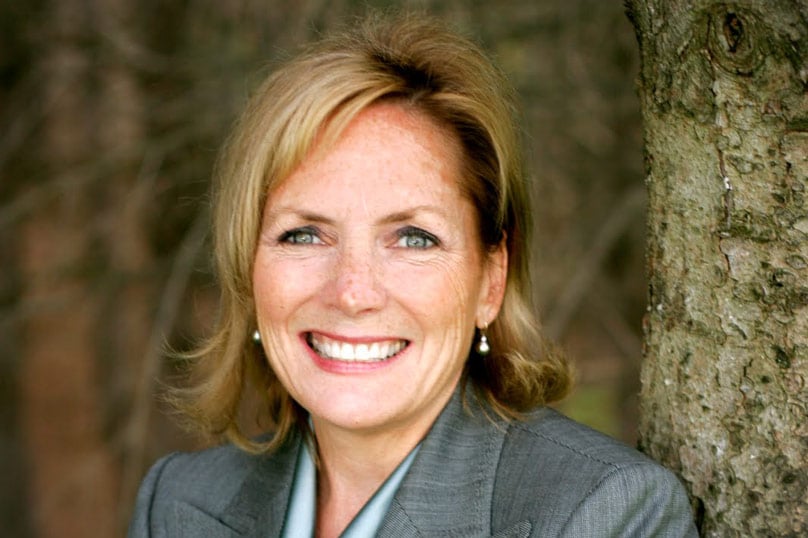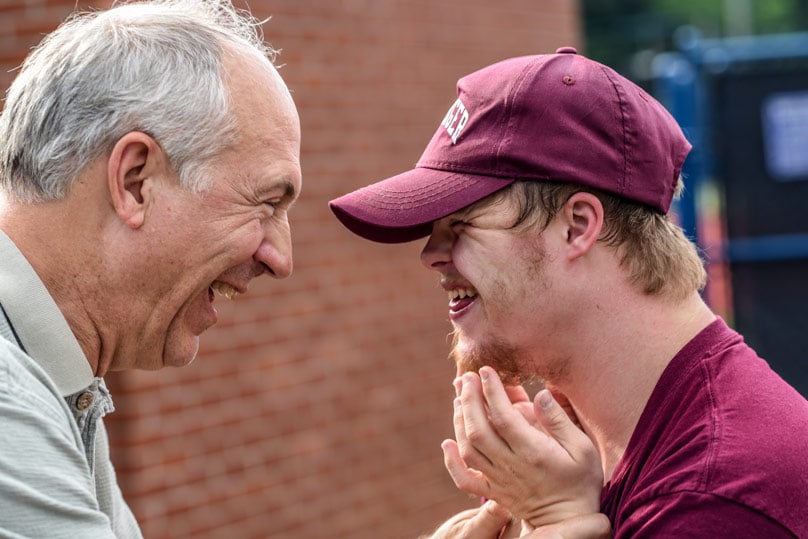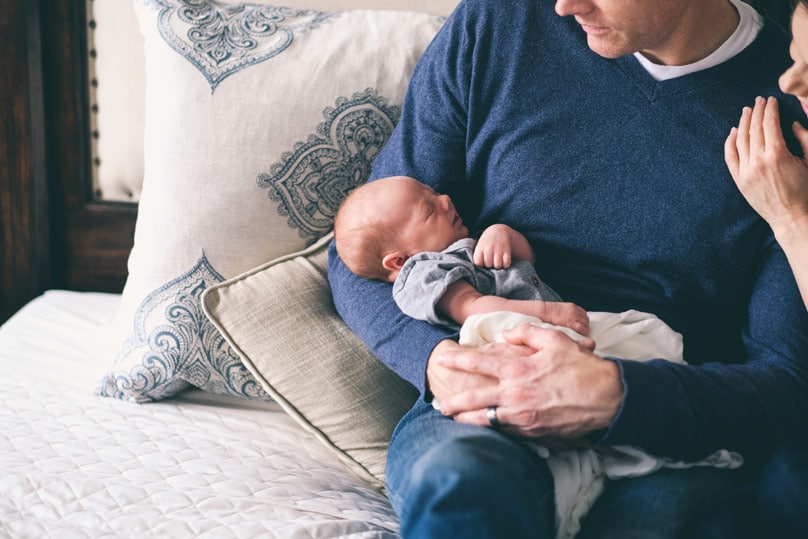
American author Dr Meg Meeker has spent the last 30 years practising paediatric and adolescent medicine. Her work with countless families over the years served as the inspiration behind her best-selling books Strong Fathers, Strong Daughters; Strong Mothers, Strong Sons, and her latest, Hero: Being the Strong Father Your Children Need.
Dr Meeker recently spoke with Catherine Sheehan about the unique formative influence that fathers have on their children.
Today some are arguing that gender is irrelevant to parenting. Drawing from your experience as a Paediatrician, what is unique about fatherhood and why is it so important for kids to have good relationships with their dads?
A parent’s gender makes an enormous difference to children. My experience with thousands of children over the past 30 years in my practice has taught me that children approach mothers very differently from fathers. For instance, children believe that their mothers “have” to love them and that their love is non-negotiable. They believe that mothers can’t leave or quit loving them because if they can’t even get love from their mothers, then they are not worth much.
On the other hand, children see their father’s love as negotiable – even if he is a great father. Children feel that their fathers don’t have to love them and therefore they must work to earn their father’s love.
In addition, research confirms that fathers have very different effects on children than mothers do. We know that having a father in the home: decreases a child’s risk for having depression, anxiety and low self esteem. And having a father in the home increases a child’s chances of doing well in school, testing higher on IQ tests, graduating from high school and going to college and graduate school.
What has been the impact on our society of the absence of many dads from the lives of their kids?
When a child grows up without a father in the home, children live with a sense of abandonment. This leads kids to feel angry and depressed and act out as they move into their teen years. Teen boys without a father are far more likely to become violent and seek male identity in gangs. Boys have a need to have adult male approval in order to mature into adulthood.
Teen girls need fathers too but in a different way. They seek male attention and girls without a dad are more likely to be sexually active and become pregnant simply because they seek male affirmation and acceptance. Even if teen boys and girls have good relationships with their mothers, they still feel desperate to seek affirmation from fathers.
Our society is paying an enormous price because many fathers are not at home. Research shows that more children live in poverty, engage in high risk behaviours, become violent and engage in drug use. These all take a huge toll on society. When a family dissolves, the neighbourhood becomes more unstable and the town suffers. The ripple effect of fatherlessness extends to states and ultimately our country.

We hear a lot today about the importance of dads in the lives of boys because they need a good male role model. What do boys need most from their dads and what happens when they don’t get it?
Boys are visual people and literally need to see how a good man lives, loves, speaks and behaves in order to become a good man. Also, boys needs to feel a stamp of approval from an adult man in order to pass from adolescence into adulthood. I tell single mothers who do not have a husband or involved ex husband to help their sons spend time with an uncle, grandfather, pastor or close friend in order to see how a man with integrity is supposed to live.
Are dads just as important for the healthy development of girls?
Absolutely but girls need different things from fathers than sons do. For instance, we know that the most effective way to boost a girl’s self esteem is for her to receive physical affection from her father. Fathers give daughters a strong sense of confidence. Again, much of this stems from the fact that many daughters feel their mothers are obliged to compliment them and support them, but fathers choose to do so.
Studies show that girls who don’t receive enough attention from their fathers seek male attention from boys who are often significantly older and are pressured into high risk behaviours like sexual activity.
What do daughters need from their dads and what happens to girls when they don’t get those things from their dads?
Daughters need affection, encouragement, affirmation and love from their fathers. When daughters fail to get these from their fathers, they feel that the reason they don’t get these is because something is wrong with them (the daughters) not their dads. Daughters then internalize these feelings and learn to dislike themselves. Over time, this self-contempt can turn into depression.
You wrote your book Strong Fathers, Strong Daughters, several years ago now. What prompted you to write it?
My husband and I raised three daughters and a son and I watched our girls grow up to be very self confident and strong because they spent a lot of time with their dad. Also, my own father was very supportive of me as a teen and young adult and had a huge impact on my success as a mother and professional. My personal experience prompted me to begin doing research on the different effects that mothers have on daughters compared with fathers.
What are some of the responses you’ve received from readers of Strong Fathers, Strong Daughters?
My book Strong Fathers, Strong Daughters became a national bestseller quickly. To tell you the truth, I was surprised because it felt very easy and natural to write. I have heard from men across the US and even other countries who said “thank you for saying something nice about us.” This made me quite sad and then I began to research how fatherhood and father issues have changed over the last three decades.
Tell me about your new book, Hero, what is its central message and why did you write it?
The message of Hero: Being the Strong Father Your Children Need is this: dads, from your child’s perspective you already are a hero. Most fathers feel they need to do more, buy more or work harder to be better dads but the truth is, all their kids really want from them is to know that they want to be with them. Every child wants his or her father to be their hero and this is a role that they ascribe to their dads from birth. It isn’t a role that fathers must earn; it is a role that kids give their dads.

My goal in writing Hero was to encourage fathers. In the US, fathers are portrayed in movies and sitcoms as idiots and this is disturbing because children need their fathers and want them. Fathers need to know how incredibly important they are to their children.
How and why does our relationship with our dad impact our view of God?
A father is a child’s first experience with male love. If a child has a good experience with his or her father, he are more likely to relate well to God. While God is neither male nor female because He is a Spirit, Jesus is fully male and as Catholics, it is important to love Him as we love God. Also, God’s favourite name for Himself is Father and this is a name He chooses to share with men.
When a child trusts and loves his earthly father, he is more likely to love and trust God the Father. Unfortunately, the converse is true: if a child is abused by his father, he is far less likely to trust or love God.
You can follow Dr Meeker at www.megmeeker.com and catch her podcast, Parenting Great Kids, on iTunes or Stitcher.
